Nobel Winner Geoffrey Hinton is the ‘Godfather of AI’
In artificial intelligence (AI), few names command as much respect and recognition as Geoffrey Hinton. Often referred to as the“godfather of AI,” Hinton’scontributions have revolutionized how we think about machine learning and artificial intelligence. His work has laid the foundation for the AI systems now embedded in our daily lives, from virtual assistants and recommendation algorithms to complex language models and autonomous technologies.
In 2023, Hinton received one of the world’s highest honors, the Nobel Prize in Physics, cementing his place in history as a visionary in AI and a key figure in scientific progress. This award highlights his pivotal role in shaping the future of technology and underscores the critical importance of AI in the modern world.
Who is Geoffrey Hinton?
Geoffrey Hinton is a British-Canadian cognitive psychologist and computer scientist, widely regarded as one of the pioneers of deep learning and neural networks. His work has been instrumental in developing the architecture that powers much of today’s AI, specifically in the realm of neural networks. He is best known for his work on backpropagation, an algorithm that enables machines to learn from mistakes—a key principle behind most AI systems in operation today.
Born in London in 1947, Hintoninitially pursued a career in psychology, focusing on the intricacies of the human brain and how we learn and process information. However, he later shifted his focus to computer science, aiming to replicate aspects of human cognition within machines. This decision would prove to be groundbreaking.
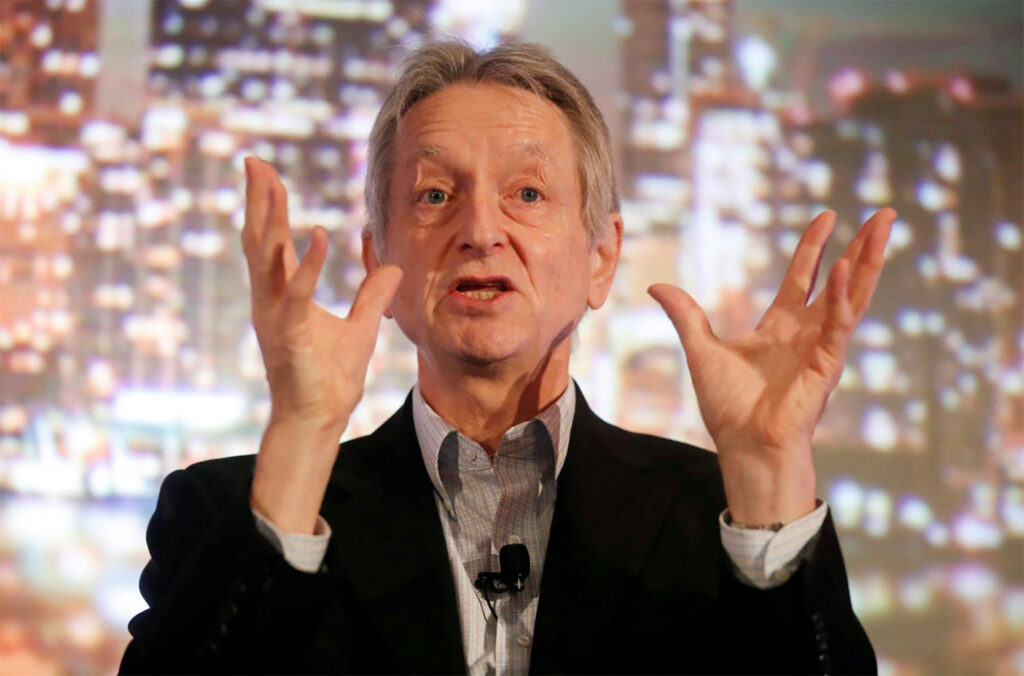
In 1986, Hinton and his colleagues introduced the backpropagation algorithm, which became a cornerstone in training artificial neural networks. While it wasn’t immediately embraced by the scientific community, this approach would eventually go on to enable machines to process large amounts of data and improve performance, laying the groundwork for the neural networks that are the backbone of today’s AI systems.
Hinton’s Contributions to AI
Geoffrey Hinton’s work in the field of AI spans several decades, and his contributions are nothing short of transformative. Some of his most notable achievements include:
1. Backpropagation Algorithm:
As mentioned earlier, backpropagation allows machines to “learn” from their mistakes by adjusting the weights of neural networks. This is a critical function in AI because it enables systems to continuously improve and refine their decision-making processes.
2. Deep Learning Architectures:
Hinton was one of the first to advocate for deep learning, a subfield of machine learning that focuses on models inspired by the structure and function of the brain. His work on deep neural networks, where multiple layers of neurons process data, has significantly advanced areas like image recognition, natural language processing, and autonomous driving.
3. Restricted Boltzmann Machines:
Another one of Hinton’s significant contributions is the development of Restricted Boltzmann Machines (RBMs), which are neural networks designed to learn representations of input data. These networks are used in applications such as recommendation systems and feature extraction.
4. Capsule Networks:
In more recent years, Hinton introduced the concept of capsule networks, a new type of neural network designed to overcome the limitations of traditional deep learning models. Capsule networks aim to understand the relationships between objects in images better, offering a more accurate interpretation of visual data.
5. Turing Award (2018):
In addition to his Nobel Prize in 2023, Hinton was awarded the prestigious Turing Award, often referred to as the “Nobel Prize of Computing,” in 2018.He shared this award with his colleagues Yann LeCun and Yoshua Bengio for their work on deep learning.
Why Is Hinton Called the ‘Godfather of AI’?
The moniker “godfather of AI” was not given lightly. Hinton has played a foundational role in transforming AI from a theoretical concept to a transformative force in nearly every industry. Many in the 1980s and 1990s considered his vision for how machines could mimic the learning processes of the human brain far-fetched. However, Hinton remained undeterred in his research, pushing the boundaries of what AI could achieve.
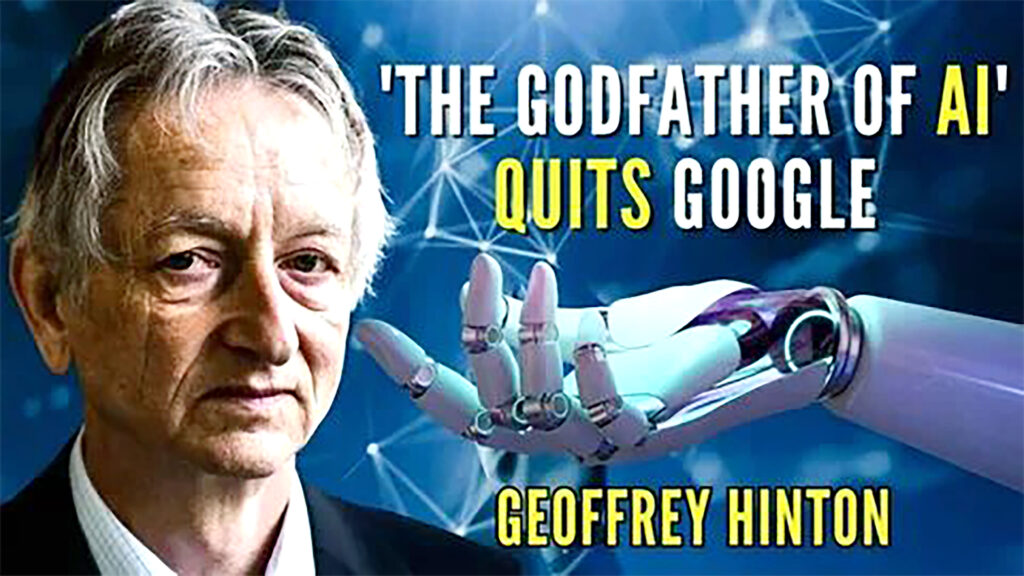
His perseverance paid off. Today, the deep learning systems that Hinton helped pioneer are integral to technologies that millions use daily. From facial recognition on smartphones to the algorithms that power search engines and social media platforms, Hinton’s ideas have left an indelible mark on modern technology.
Moreover, Hinton has mentored many of the leading minds in AI today, contributing to the development of a generation of researchers who continue to push the boundaries of the field. His students and colleagues, such as Yann LeCun, Andrew Ng, and Demis Hassabis, have gone on to lead AI research at companies like Facebook, Google, and DeepMind.
The Impact of Hinton’s Work
The influence of Geoffrey Hinton’s work is vast. AI is now a critical part of industries ranging from healthcare and finance to transportation and entertainment. Autonomous vehicles, voice-activated assistants like Siri and Alexa, and AI-driven drug discovery are all possible because of the advances Hinton has made in neural networks and machine learning.
In healthcare, AI algorithms can now analyze medical images with incredible accuracy, assisting doctors in diagnosing diseases like cancer and providing more personalized treatment plans for patients. Hinton’s contributions to image recognition have also paved the way for these groundbreaking applications.
Moreover, his work has had significant implications in the realm of natural language processing, where AI systems can now understand and generate human language at an advanced level. The rise of chatbots, language translation services, and automated content creation can all be traced back to the foundational principles Hinton helped establish.
Geoffrey Hinton’s Nobel Prize and Its Significance
Winning the Nobel Prize in Physics is a recognition of the profound and far-reaching impact of Hinton’s contributions. While the Nobel Prize is traditionally associated with achievements in the physical sciences, Hinton’s work demonstrates the growing importance of AI as a critical tool for scientific discovery and innovation.
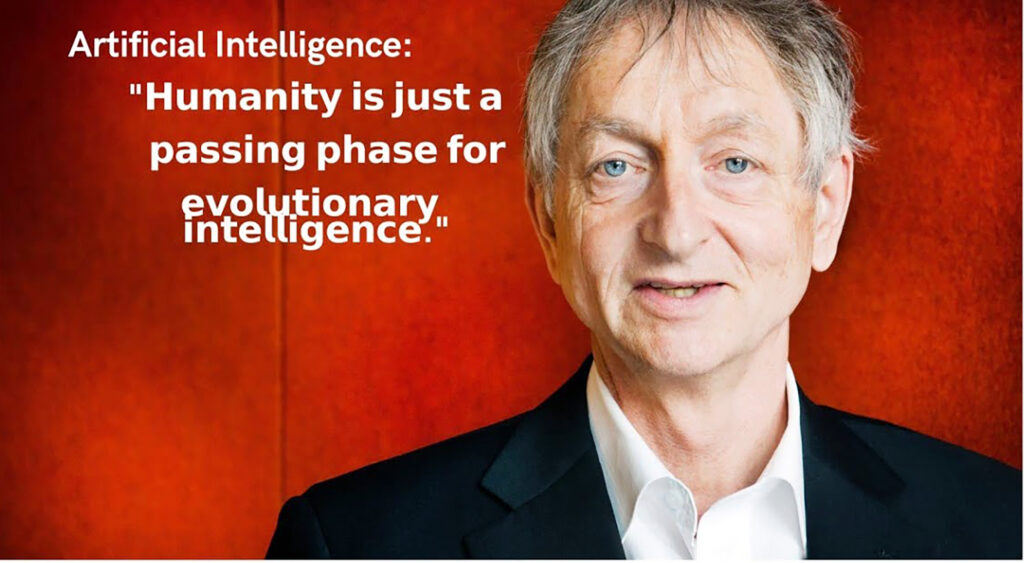
His Nobel win is also a reminder that AI is not just about technology—it’s about expanding human potential. AI is reshaping how we live, work, and interact with the world, and Hinton’s pioneering work has played an integral role in shaping this future.
Conclusion:
Geoffrey Hinton’s journey from a psychologist exploring the workings of the human brain to becoming the “godfather of AI” is a testament to his visionary approach and relentless curiosity. His groundbreaking contributions to neural networks, deep learning, and artificial intelligence have fundamentally transformed modern technology. Hinton’s influence is felt in everything from the devices in our pockets to the way industries operate on a global scale. As AI continues to evolve, there is no doubt that Geoffrey Hinton’s legacy will continue to shape its future for decades to come.
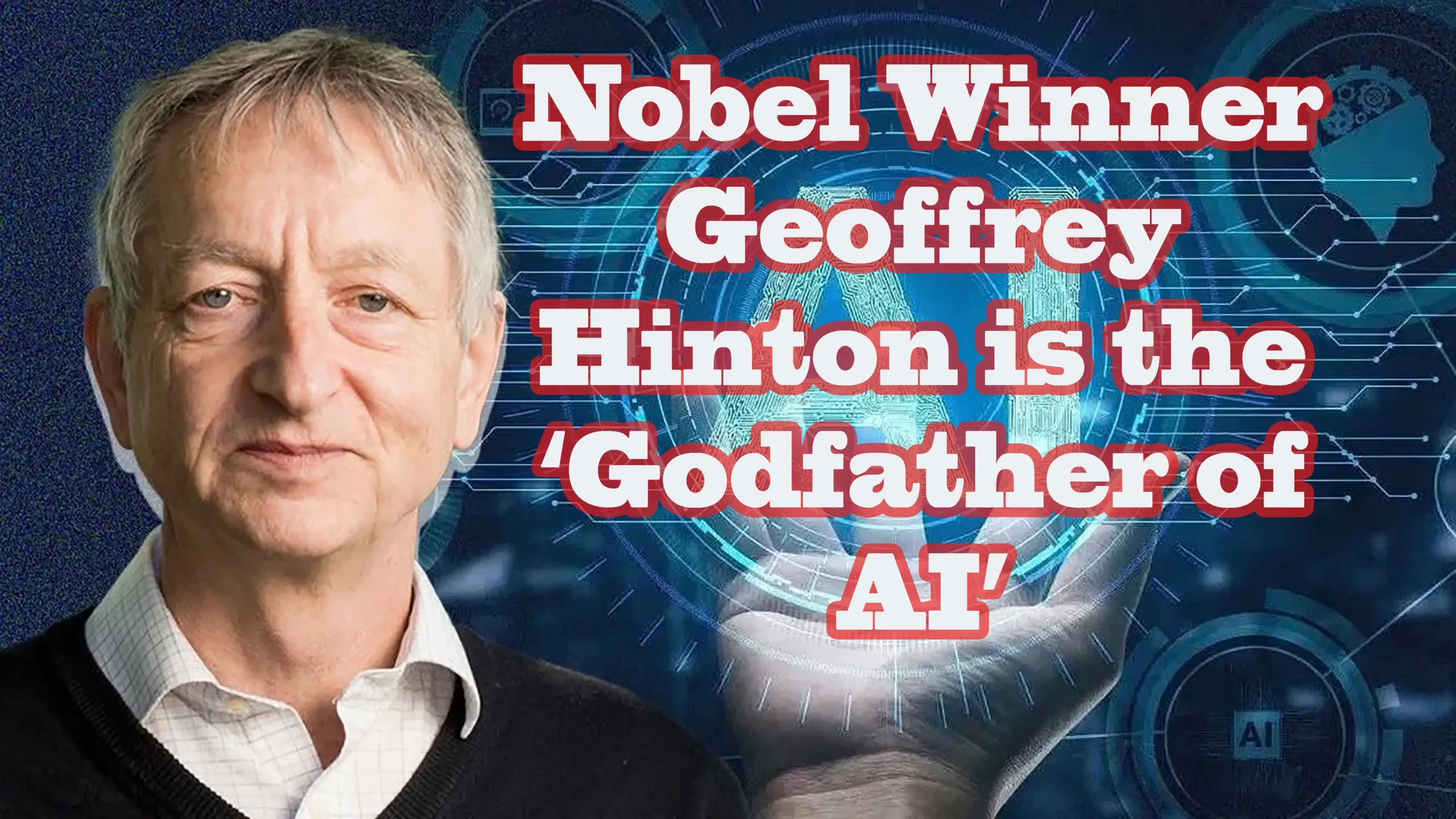
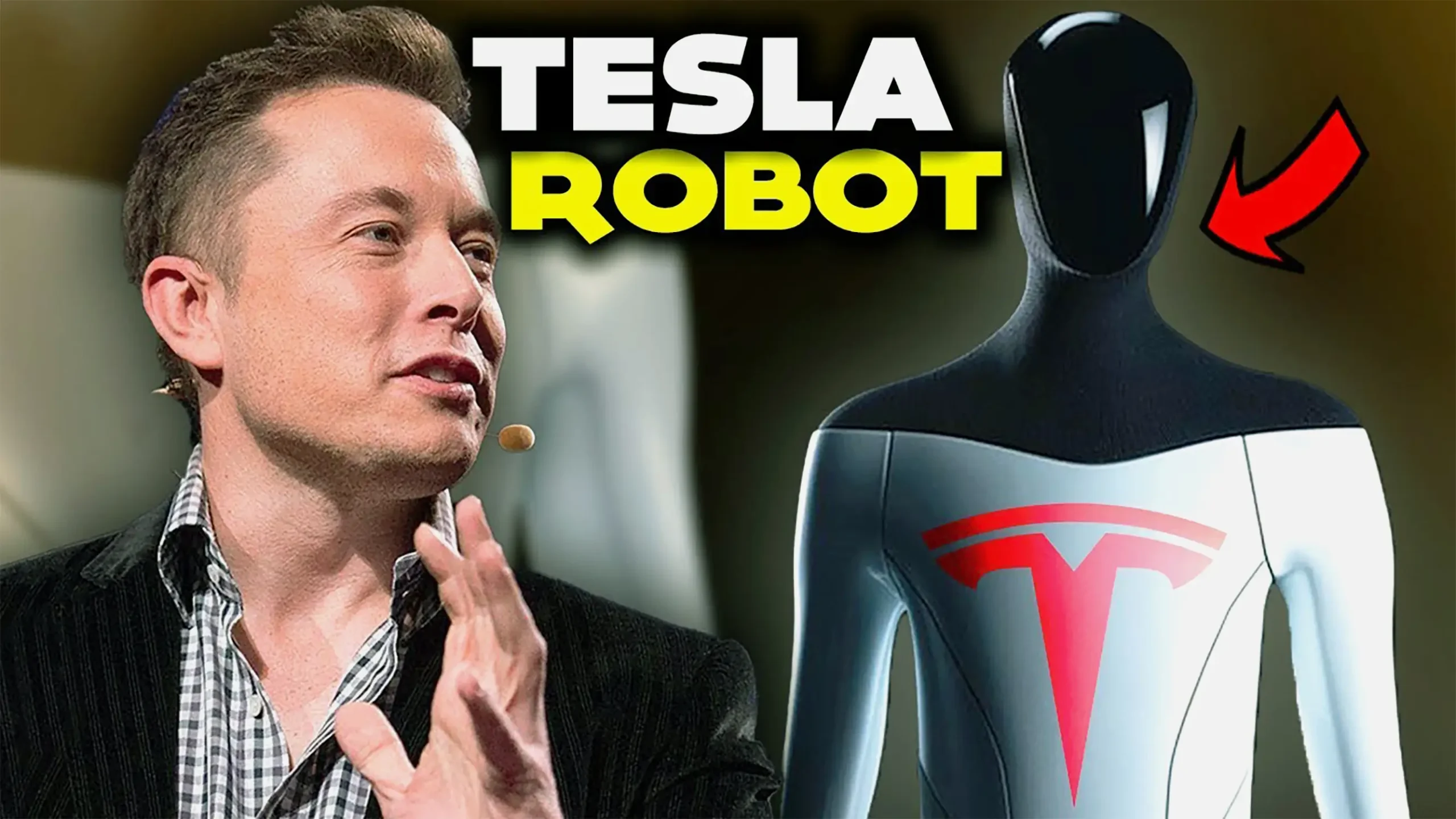
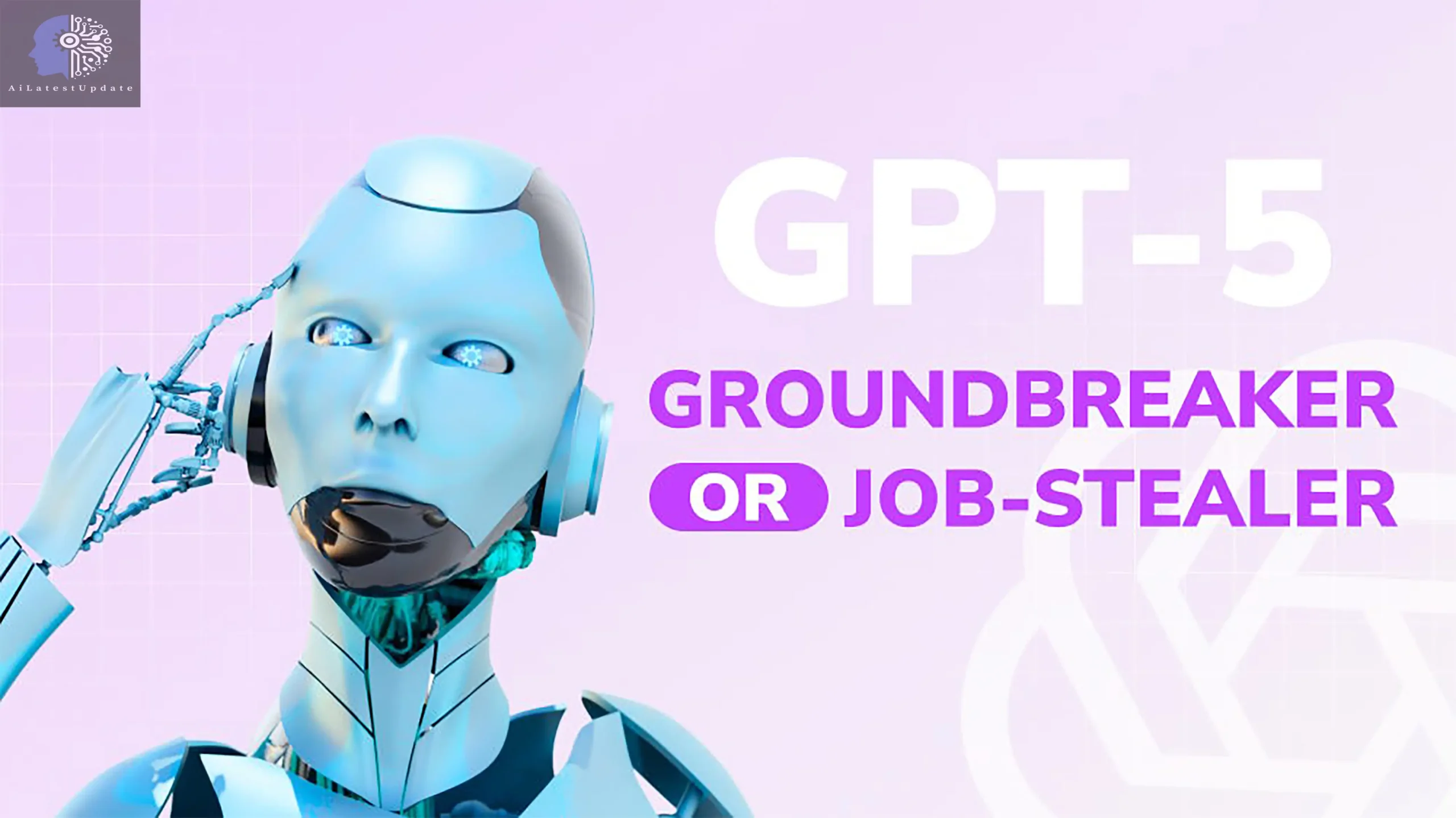
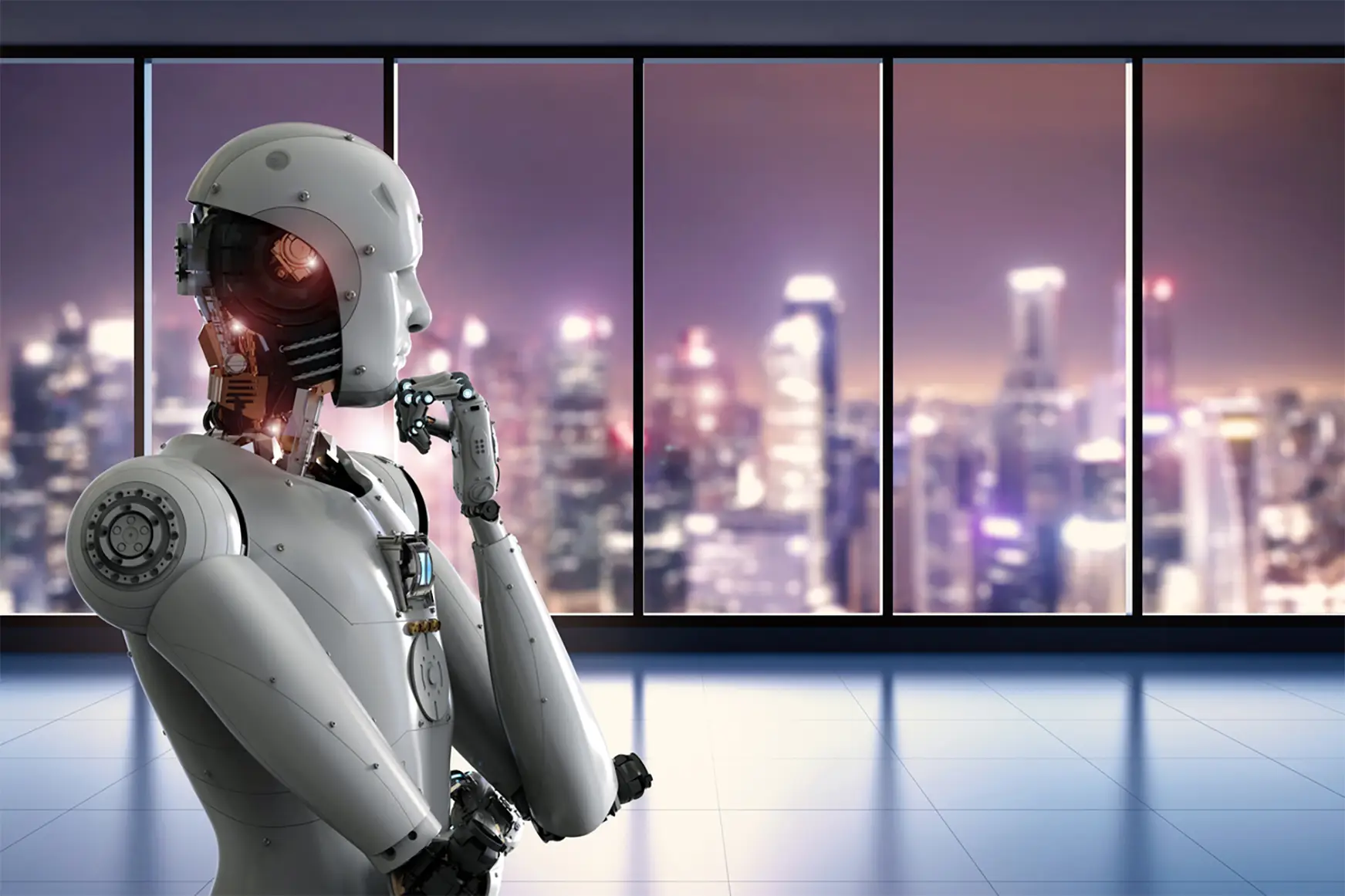
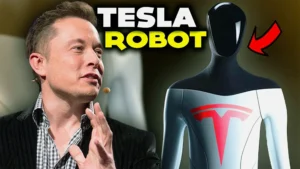
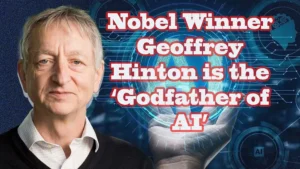
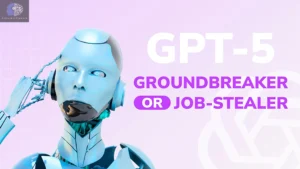
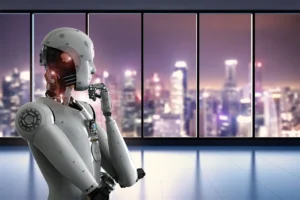
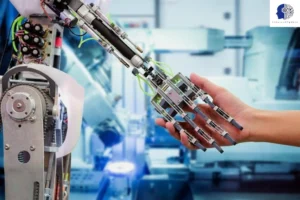
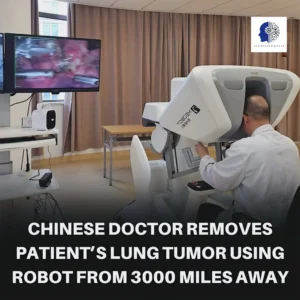

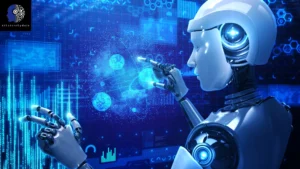
1 comment